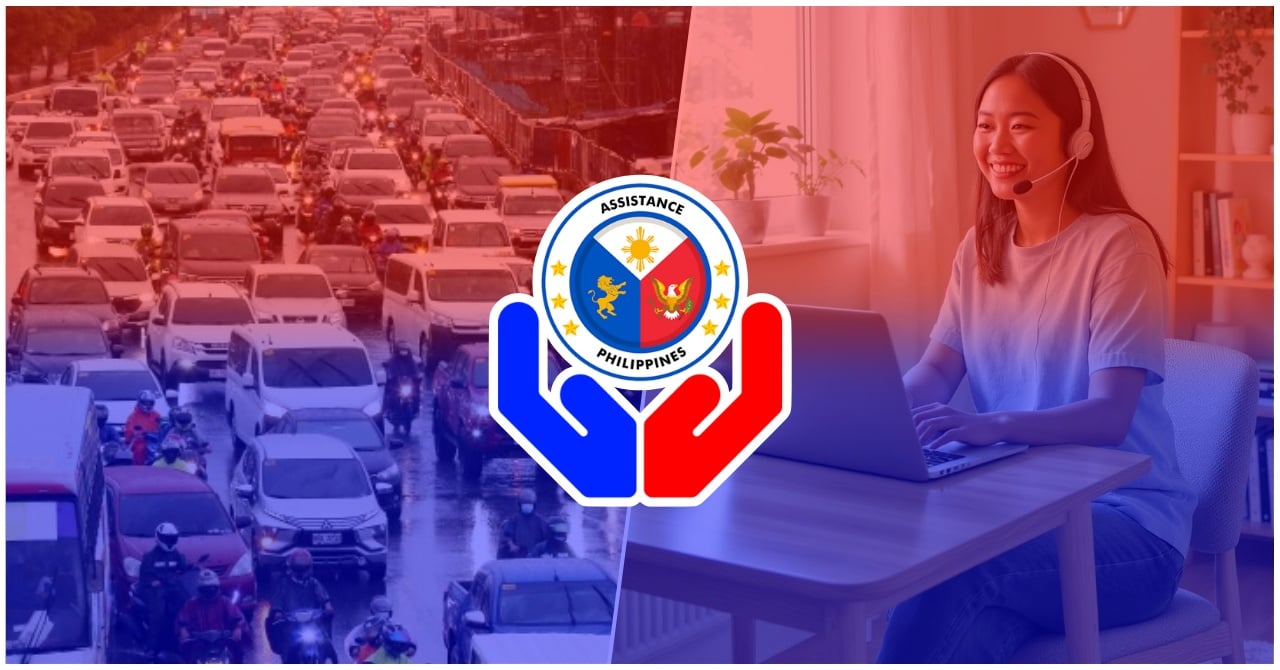If there’s one thing that the pandemic has taught us, it’s the possibility of making remote work not just a dream but a reality.
And to further solidify this new kind of work setup post-pandemic, the Philippine government enacted Republic Act No. 11165, also known as the Telecommuting Law.
This law officially allows employees to work from home—or any remote location—while keeping their rights, benefits, and career growth intact.
Whether you’re a parent, a commuter from the province, or just someone who works better outside the office, this law matters to you.

What Is the Telecommuting Law?
RA 11165, or the Telecommuting Law, is a 2018 law that gives companies the legal option to offer remote work arrangements—such as working from home or any alternative location using digital tools.
It ensures that employees outside the traditional office setup are given equal pay, protections, and opportunities as those working onsite.
While the law gained more attention during the pandemic, it was not created solely for emergency use.
It was designed for long-term relevance in a world where technology allows work to happen anywhere.
When Is Remote Work Most Useful?
Remote work isn’t just for lockdowns or emergencies.
Here are some situations where it can make life easier:
- When you live far from your office and commuting takes hours
- If you’re caring for young children or elderly family members
- When you need a quiet, focused space for deep work
- During bad weather or transportation strikes
- If you’re managing a chronic illness or recovering from a health issue
- When fuel and daily expenses are too high to sustain regular office travel
Who Benefits Most from Flexible Work?
The law especially benefits groups that often face challenges in traditional workplaces:
- Solo Parents
With child care on their shoulders, solo parents can stay present at home while still fulfilling work duties. - Persons with Disabilities (PWDs)
Remote work offers a safer, more accessible setup, cutting out the barriers of transportation and physical infrastructure. - Provincial Workers
Many skilled workers in the provinces can now access Metro Manila-based jobs—without leaving home or uprooting their families.
Government data and workplace surveys have shown that flexible work boosts productivity and well-being across all age groups and job levels.
For many, it’s not just convenient—it’s life-changing.
RA 11165 reflects this growing need, giving Filipinos the freedom to choose a setup that works with their real-life needs—not against them.
Key Responsibilities of Employers
If you’re working remotely, your employer is legally required to:
- Give You Equal Pay and Benefits
You must receive the same salary, bonuses, and overtime pay as your in-office colleagues. - Maintain a Safe Remote Setup
Employers may provide guidelines or tools to keep your home workspace safe and efficient. - Offer the Same Opportunities
You should still have access to promotions, training, and performance evaluations. - Protect Your Personal Data
Remote work should comply with the Data Privacy Act, safeguarding your private info.
Employee Protections
The law guarantees that remote workers are treated fairly:
- No Discrimination
You cannot be penalized just for working remotely. - Equal Leave and Holidays
You’re entitled to the same holidays, sick leave, and rest days. - Consistent Performance Standards
Your work will be measured using the same criteria as office-based workers.
What Happens If the Law Is Violated?
If your employer doesn’t follow the Telecommuting Law:
- Fines or Penalties May Apply
DOLE can investigate and impose sanctions depending on the severity of the violation. - You Can File a Complaint
Start with your HR department. If unresolved, reach out to DOLE for formal action.
Frequently Asked Questions (FAQs)
Is remote work mandatory?
No. The law allows but does not require companies to offer it.
Can I ask to work remotely?
Yes. You can request it, but it depends on your employer’s approval.
Do I still get the same benefits?
Yes. Your rights and compensation must match those of office-based workers.
What should I do if I’m being treated unfairly?
Raise the concern internally or file a complaint with DOLE.
What Filipinos Are Saying About Remote Work Today
Across platforms like Reddit, Facebook, and even DOLE’s official page, people are speaking up.
Most are thankful for the flexibility, especially those living far from city centers or juggling parenting and work.
But many are still being forced back into offices—even when their work can be done remotely.
Workers are calling for stricter enforcement, better access to information, and wider adoption of RA 11165.
One common message rings loud: remote work is not just a perk—it’s a necessity for modern living.
Video: Why I Left Manila To Work Remotely In My Hometown Aklan | Money Mind | Remote Work
A young Filipino worker steps away from Manila’s fast-paced lifestyle and embraces remote work from his hometown in Aklan.
He finds comfort in lower daily expenses, stronger family ties, and a healthier mental space.
Remote work allows him to earn city-level income while enjoying the quiet rhythm of provincial life.
His story challenges the old formula for success—showing how personal well-being can thrive outside urban centers.
Many young Filipinos now rethink their paths, choosing presence and peace over prestige.
Final Note
RA 11165 gives you the right to choose how and where you work—without giving up your benefits, growth, or protection.
It’s not about escaping the office.
It’s about making work fit real life.
Are you ready to bring up flexible work with your employer?
Start the conversation. This law has your back.
